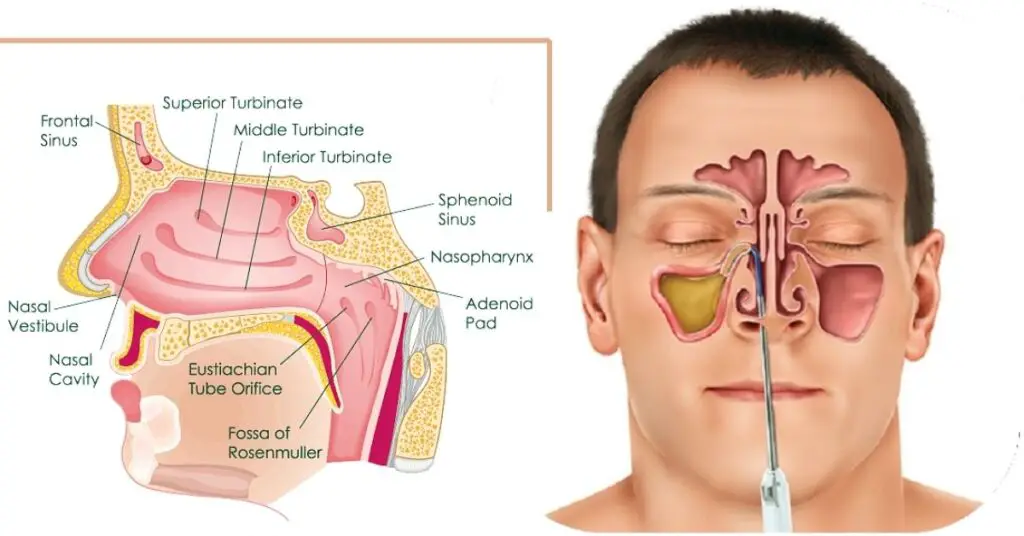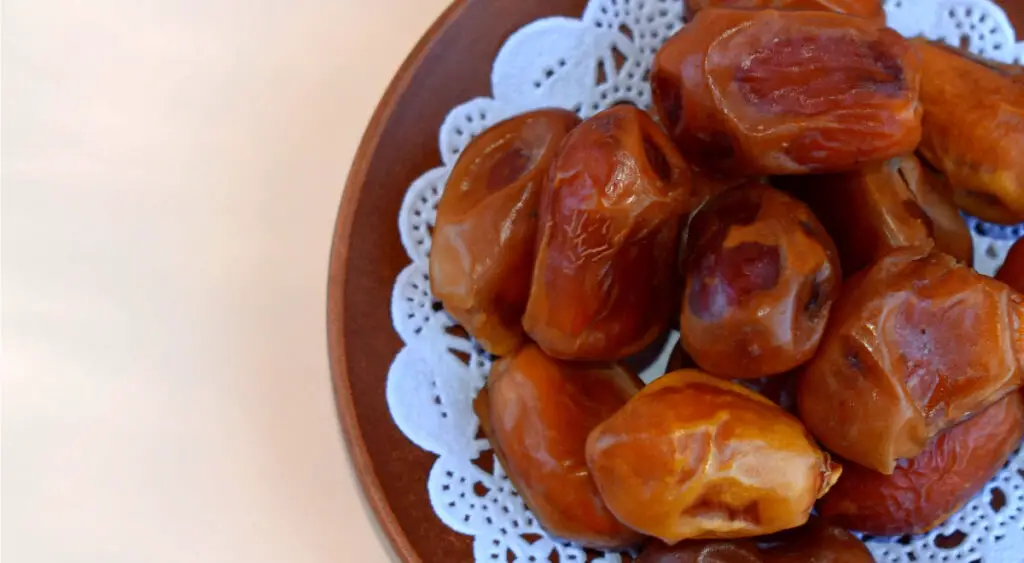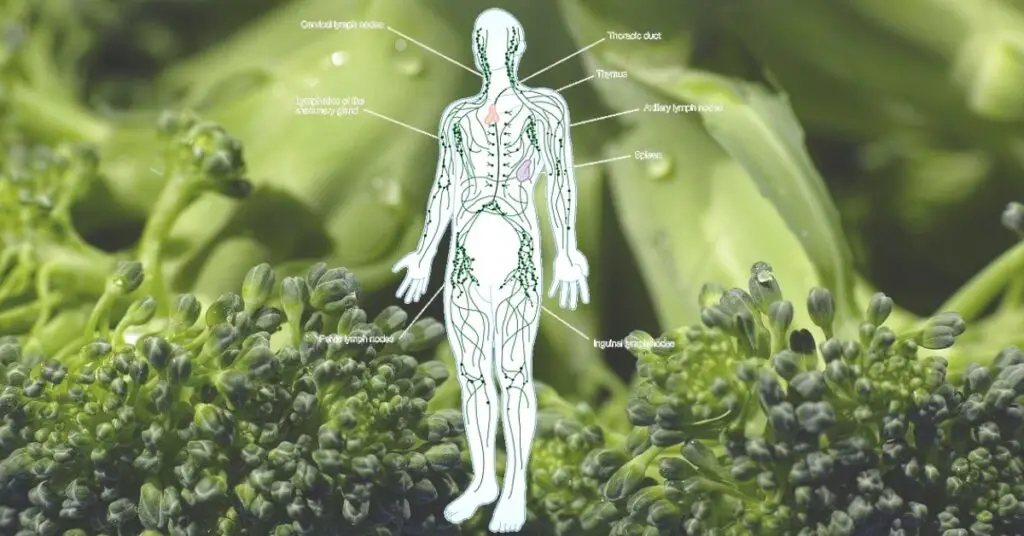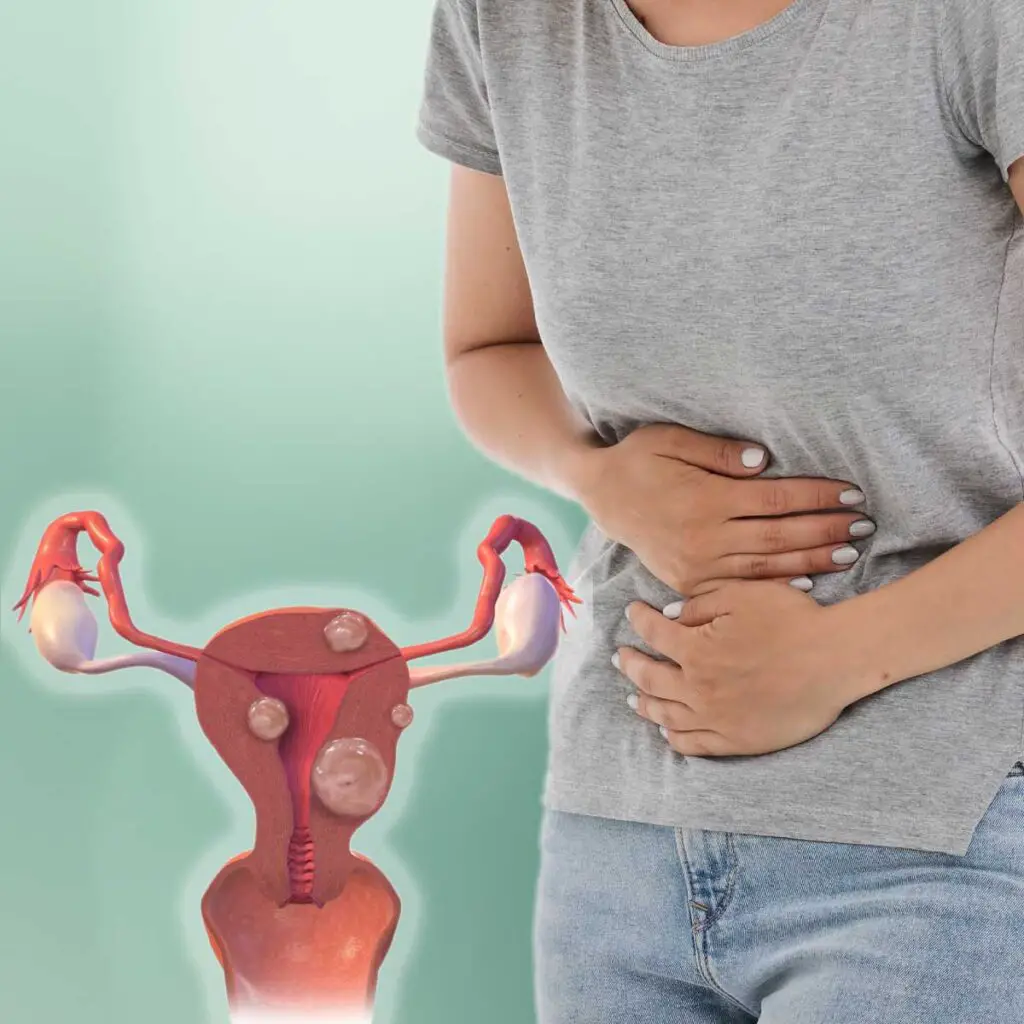Depression, anxiety, and heart attacks – are some of the health concerns that magnesium can help to prevent. Magnesium is an elusive mineral, often called the “relaxation mineral” because of its ability to calm the nervous system, improve sleep quality and reduce stress levels. It’s also crucial for heart health, helping to regulate blood pressure and prevent arrhythmias.
It regulates approximately 300 enzymes and biochemical processes involved in keeping your metabolism functioning properly.
Unfortunately, magnesium is one of the most common deficiencies in developed countries, due in part to soil depletion and unhealthy diets. A magnesium deficiency can lead to all sorts of health problems, but luckily, this mineral is found in many healthy foods.
Symptoms of magnesium deficiency include fatigue, irritability, anxiety, depression, muscle cramps and weakness, insomnia, and heart palpitations. If you’re experiencing any of these symptoms, it’s important to talk to your doctor to rule out other possible causes. However, increasing your intake of magnesium-rich foods is a good place to start if you suspect you may be deficient.
So, if you’re looking for a way to improve your health, consider adding these 17 magnesium-rich foods to your diet.
1. Almonds
One ounce of almonds contains 80 mg of magnesium or 20% of the Reference Daily Intake (RDI). Almonds are also a good source of healthy fats, fiber, and vitamin E.
2. Spinach
One cup of cooked spinach contains 157 mg of magnesium or 39% of the RDI. Spinach is also a good source of iron, potassium, and vitamins A, C, and K.
3. Black beans
One cup of cooked black beans contains 60 mg of magnesium or 15% of the RDI. Black beans are also a good source of protein, fiber, and folate.
4. Avocado
One medium avocado contains 58 mg of magnesium or 14% of the RDI. Avocados are also a good source of healthy fats, potassium, and vitamins C, E, and K.
5. Chard
One cup of cooked chard contains154 mg of magnesium, or 38% of the RDI. Chard is also a good source of vitamins A, C, and K, as well as iron and potassium.
6. Cashews
One ounce of cashews contains 74 mg of magnesium or 18% of the RDI. Cashews are also a good source of copper, iron, and zinc.
7. Dark chocolate
One square (1 ounce) of dark chocolate with 70-85% cacao contains 64 mg of magnesium or 16% of the RDI. Dark chocolate is also a good source of iron, copper, and manganese.
8. Banana
One medium banana contains 32 mg of magnesium or 8% of the RDI. Bananas are also a good source of potassium, vitamin C, and dietary fiber.
9. Wild salmon
Three ounces of cooked wild salmon contain 53 mg of magnesium or 13% of the RDI. Salmon is also a good source of protein, vitamins B6 and B12, and selenium.
10. Yogurt
One cup of plain yogurt contains 47 mg of magnesium or 11% of the RDI. Yogurt is also a good source of calcium, protein, and vitamin B12.
11. Edamame
One cup of cooked edamame beans contains 50 mg of magnesium or 12% of the RDI. Edamame is also a good source of protein, fiber, and vitamins K and C.
12. Brown rice
One cup of cooked brown rice contains 84 mg of magnesium or 21% of the RDI. Brown rice is also a good source of selenium, manganese, and phosphorus.
13. Quinoa
One cup of cooked quinoa contains 118 mg of magnesium or 29% of the RDI. Quinoa is also a good source of protein, fiber, and iron.
14. Figs
One dry fig contains 24 mg of magnesium or 6% of the RDI. Figs are also a good source of calcium, potassium, and dietary fiber.
15. Brussels sprouts
One cup of cooked Brussels sprouts contains 47 mg of magnesium or 11% of the RDI. Brussels sprouts are also a good source of vitamins C and K, as well as folate and fiber.
16. Garbanzo beans
One cup of cooked garbanzo beans contains 84 mg of magnesium or 21% of the RDI. Garbanzo beans are also a good source of protein, fiber, and iron.
17. Beet greens
One cup of cooked beet greens contains 87 mg of magnesium or 22% of the RDI. Beet greens are also a good source of vitamins A, C, and K, as well as calcium and potassium.








